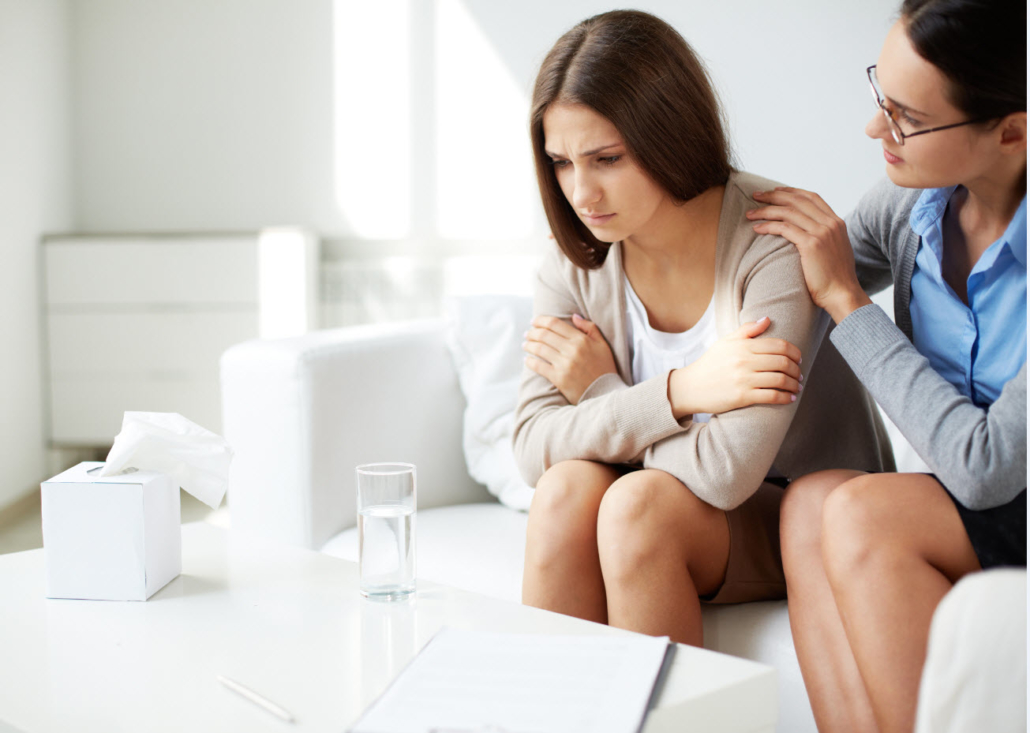When Is a Tea Not a Tea?
 If a product is described as leaf tea, then customers would probably expect to receive a drink made from the leaves of the Camellia sinensis. However, when it comes to herbal teas, and some types of flavoured ones, the hot drink you will be served will have actually been nowhere near a tea plant! This is because many varieties of herbal leaf and tea bags are actually what is called a tisane or ptisan; an infusion of leaves or flowers from plants other than the usual camellia sinensis in boiling water to make a delicious and often healthy hot drink.
If a product is described as leaf tea, then customers would probably expect to receive a drink made from the leaves of the Camellia sinensis. However, when it comes to herbal teas, and some types of flavoured ones, the hot drink you will be served will have actually been nowhere near a tea plant! This is because many varieties of herbal leaf and tea bags are actually what is called a tisane or ptisan; an infusion of leaves or flowers from plants other than the usual camellia sinensis in boiling water to make a delicious and often healthy hot drink.
Herbal leaf tea or flavoured tea can actually be made with lots of different types of plants, not just herbs, and can be served hot or cold. You can even buy herbal tea bags, though it is more likely to be bought as leaf tea because of the unusual and sometimes exotic flavours involved. Whereas loose tea of the normal variety is nearly always produced from the leaves of the tea plant, herbal and flavoured tea can be made from the leaves, flowers or roots of a plant; whatever produces the best flavours when immersed in hot water.
Some of the most popular types of herbal infusions include camomile, ginseng, fennel, nettle, ginger and mint. While most herbal leaf tea just tastes nice, some have unexpected health benefits. For example, camomile tea is ideal for drinking just before bed, as it can help calm and relax the drinker, while both fennel and mint tea can help with digestive problems, especially indigestion. Ginger leaf tea is even touted as a cure for morning sickness, though it is more likely that the ginger extract is simply calming the upset stomach.
Although herbal loose tea tends to be lower in health-boosting antioxidants than the regular tea plant, they do have one advantage over the common varieties of leaf tea and bags; they don’t contain caffeine. Although regular loose tea does not contain huge amounts of caffeine, it is still important that pregnant women don’t drink too many cups in a day. If you are expecting a baby and can’t manage on less than five cuppas a day, a healthy alternative could be to starting drinking herbal loose tea or flavoured tea instead.
In many tea-drinking countries herbal leaf tea is just as popular as those brewed from the camellia sinensis plant. Even in China, where black varieties originated, herbal tea is very popular as both a recreational drink and a form of medicine. Chinese medicine uses blends such as Oolong and Puerh with added roots and leaves from other plants to treat disorders such as high blood pressure and stomach problems. Sri Lanka, too, widely uses herbal leaf tea as part of their traditional medicine, including a variety called Paspanguwa which blends ginger, peppers and coriander seeds to make a very effective leaf tea that can be used to treat the symptoms of colds and flu.










